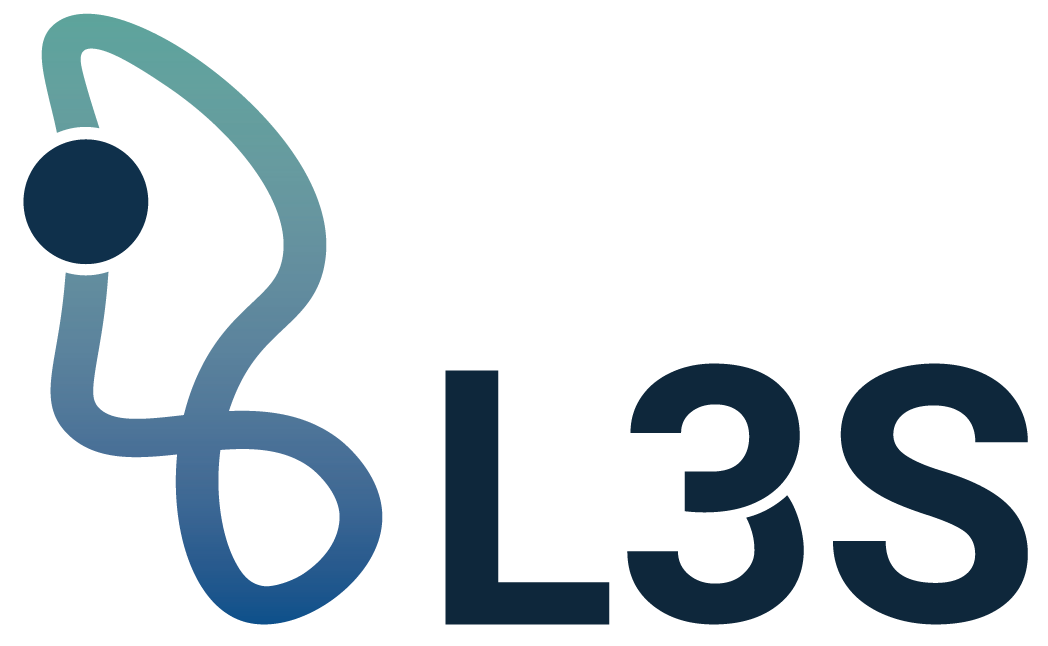QuBRA
Quantum methods and Benchmarks for Resource Allocation
The challenge of optimising complex industrial processes, such as microchip fabrication and automotive manufacturing, requires the analysis of vast amounts of data to improve production allocation within capital-intensive
facilities. Even small improvements in the quality of solutions to combinatorial optimisation problems can have a significant economic impact for companies in these sectors. For example, Infineon Technologies AG, a leading
semiconductor manufacturer, collects millions of data points daily from multiple sources to optimise its microchip production process. On the other hand, Volkswagen AG, one of the world’s leading car manufacturers, is grappling
with the complex challenges posed by the transition to electric vehicles and mobility services. In both cases, effective optimisation can bring significant economic benefits to these companies.
These combinatorial optimisation problems are typically NP-hard, which means that there are no universally efficient algorithmic solutions. Practitioners rely on domain-specific heuristics and, more recently, machine learning
algorithms to find optimal solutions under time and computational constraints. Quantum computers have the ability to outperform classical computation in selected applications, suggesting their potential in combinatorial
optimisation. Determining the feasibility of quantum algorithms depends on several factors, such as problem specifics, hardware capabilities, and competing classical methods.
Therefore, a comprehensive analysis requires a robust collaboration between experts in quantum information, classical deterministic algorithms, machine learning, software engineering and industry stakeholders. The goal
of QuBRA is to assemble a diverse consortium with the aim of quantitatively outlining the practical quantum advantage in combinatorial optimisation, an issue of great relevance to industrial applications that is currently
lacking a clear understanding.
The Federal Ministry of Education and Research (BMBF), Quantentechnologien – von den Grundlagen zum Markt
Consortium partners:
- Leibniz University Hannover
- TU Braunschweig
- University of Cologne
- Infineon Technologies AG
- Volkswagen AG
Associated partner:
- Dutch Research Center for Quantum Software




